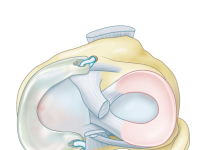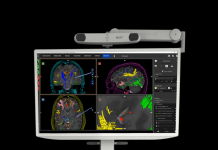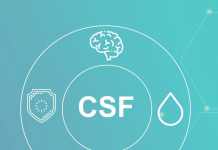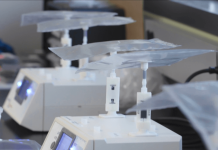Vectorious Medical Technologies today announced data supporting its V-LAP system and novel therapeutic approach for heart failure.
Tel Aviv, Israel–based Vectorious develops a miniature digital pressure sensor called V-LAP. Implanted in the heart’s interatrial septum through a minimally invasive procedure, the sensor measures left atrial pressure. It transmits data that enables physician-directed patient self-management of chronic heart failure.
Related: Spectral AI expands clinical trial sites for pivotal U.S. burn study
Patients can also utilize a dedicated mobile application with daily data translated from the left atrium. Vectorious aims for the device to prevent disease deterioration and repeated hospitalizations.
Investigators for the study published their findings in the European Journal of Heart Failure.
The study demonstrated both the safety and feasibility of self-management of heart failure based on left atrial pressure (LAP) for the first time, according to the company. At 12 months follow-up, the study saw no complications or side effects related to the system. Patient adherence also proved high, and subjects reported significant improvements in quality of life measures. Vectorious also reported a reduction in hospitalizations due to heart failure.
Dr. David Meerkin, an interventional cardiologist participating in the study, said in a news release that greater patient autonomy could “dramatically enhance care quality and outcomes for this vulnerable population.” To date, the company reports 55 V-LAP sensors implanted across Europe and Israel. Vectorious plans to begin implants in leading U.S. heart centers this summer.
“Publishing the research in a top-tier scientific journal is a historic milestone for the company, which has been developing not only one of the most complex medical systems but also a new therapeutic approach for over a decade,” said Eyal Orion, co-founder and CEO of Vectorious. Transferring part of the responsibility to patients requires advanced, reliable, and accurate technology, and this is a challenge that requires perseverance and patience. We still have a way to go to fundamentally change the way the most common heart disease is understood and treated, but together with the amazing Vectorious team, physicians, and our partners, we are getting closer step by step.”




